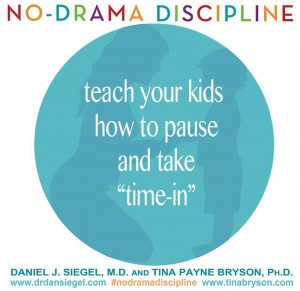“Time-out is the most popular discipline technique used by parents and the one most often recommended by pediatricians and child development experts. But is it good for kids? Is it effective? Not according to the implications of the latest research on relationships and the developing brain.
Studies in neuroplasticity—the brain’s adaptability—have proved that repeated experiences actually change the physical structure of the brain. Since discipline-related interactions between children and caregivers comprise a large amount of childhood experiences, it becomes vital that parents thoughtfully consider how they respond when kids misbehave. Discipline about teaching – not about punishment – and finding ways to teach children appropriate behavior is essential for healthy development.”
(…)
“So what about time-outs? In most cases, the primary experience a time-out offers a child is isolation. Even when presented in a patient and loving manner, time-outs teach them that when they make a mistake, or when they are having a hard time, they will be forced to be by themselves—a lesson that is often experienced, particularly by young children, as rejection. Further, it communicates to kids, “I’m only interested in being with you and being there for you when you’ve got it all together.”
Read more: ihttp://time.com/3404701/discipline-time-out-is-not-good/s



